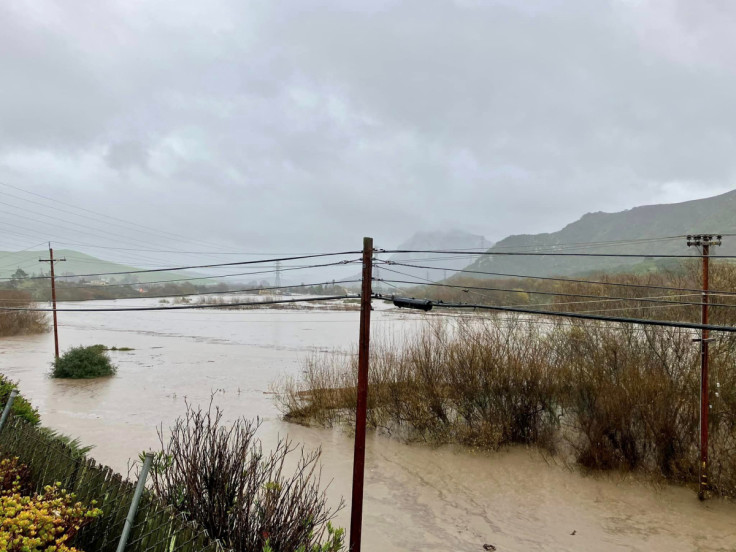Storm Damages Covered By Insurance: Here's What Home And Car Owners Should Know
KEY POINTS
- About 90% of all natural disasters in the U.S. involve flooding
- Federally backed National Flood Insurance Program policy is needed to cover these damages
- For condo owners, the condominium policy will cover damages to the interior space
Severe winter storms continue to bring destruction to various parts of California as thousands of residents remain under evacuation orders Tuesday due to heavy rainfall resulting from monster storms in parts of the state, claiming at least 17 lives in the last two weeks.
A month ago, around 85% of the Golden State was in the midst of a "severe drought," which has now come down to 71% since the bomb cyclone. The state's vegetation and the people are accustomed to wildfires, earthquakes, and drought, said Brian Ferguson, spokesperson for California Governor's Office of Emergency Services, NBC4 reported.
"We're coming out of years of drought. The public is having to learn a new skill," he said.
The storm damage in California could exceed a billion dollars, Jonathan Porter, chief meteorologist at Accuweather told the New York Times.
With major damage to assets like property and vehicles, claiming insurance is going to be the next course of action for owners. Here's a guide to what is covered and what isn't, under insurance.
The first step is to call your agent and let them know about the damage, so they can report the claim.
An important thing to note about flood damage is that the standard homeowners' or renters' policy doesn't cover it, Insurance Information Institute (iii) says. So if your home is flooded, a separate policy from the federally backed National Flood Insurance Program (NFIP) and from many private insurers needs to be in place for you to claim insurance, NBC4 reported.
For those who still don't have one, acquiring it may prove to be a smart decision as 90% of all natural disasters in the U.S. involve flooding, per NFIP.
If your home is impacted by mudflow and other debris due to the storm, the homeowners' policy won't cover damages. Additional water damage from malfunctioning sewer systems or drains, overflows and backups aren't covered as well. Additionally, thousands of Californians suffered power outages due to the storm in the past few weeks, leading to food spoilage. While the standard policy doesn't cover this, some insurance companies may do so for a set amount between $250 to $500 per appliance, in case the cause of the power outage is covered by them, Forbes reported.
Coming to what is covered by the standard homeowners' policy -- leaky roofs and windows, wind damage to the residence premises, including additional attached structures such as a garage or deck, or separate garage buildings, shed, and swimming pool – can be claimed by policy owners. Homeowners are encouraged to make temporary repairs and collect the necessary bills, which can be reimbursed as part of the claims process. A renters' policy will cover damages to personal items damaged by the wind.
For condo owners, the condominium policy will cover damages to the interior space of your home.
Coming to evacuation, those under mandatory orders by emergency management authorities before an impactful storm to do so, can claim expenses. Check your policies for further details.
For flood damages to vehicles – including that from a storm surge – comprehensive coverage will cover the same. Nearly 80% of U.S. drivers carry comprehensive coverage which is optional with a standard auto policy, the Insurance Information Institute stated.

© Copyright IBTimes 2024. All rights reserved.






















